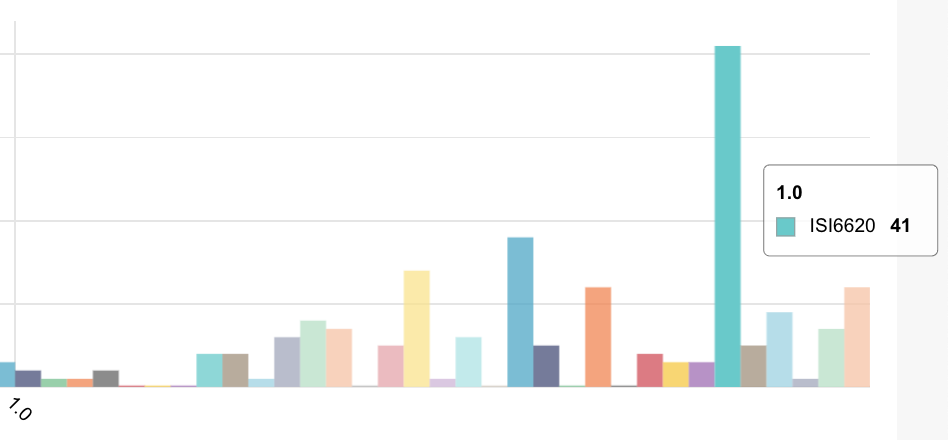The comparison between an open source collaborative recommender system and a closed access research effort is revealing – the open source project is already implementing production grade systems and the closed source research project can allow us to read their article for a fee.
The Apache Mahout/Taste version 0.1 open source software project is being used by Synthese for collaborative filtering of over 1.5 million medical articles. I’ve been playing with the application and the precision and recall of the system is impressive.
By comparison, the article published by M.K. Kavitha Devi, P. Venkatesh in a recent issue of the International Journal of Business Excellence describes design and implementation of “ICRS: an intelligent collaborative recommender system for electronic purchasing“. The article is available for purchase only and the implementation doesn’t appear to have been released as an free open source project. The work itself seems quite interesting:
Finding the right product that satisfies the user’s needs and wants in e-purchasing is a challenging problem. We design and implement an Intelligent Collaborative Recommender System (ICRS) to map users’ needs to the products that can satisfy them. A methodology is used to dynamically update the accuracy factor based on user intelligence. The different approaches for recommendation are categorised as memory-based and model-based approaches. Memory-based systems suffer from data sparsity and scalability problems, whereas model-based approaches tend to limit the range of users. Hence, by integrating both these approaches, we overcome the shortfalls. In our paper, we smooth the sparse data and apply the collaborative filtering approach for recommendations. Recommendations are made more accurate by applying regression to weighted aggregated predictions. The system that is considered here is the book recommendation system. The metric that is considered for measuring the performance of our system is the Mean Absolute Error (MAE). In terms of the computation time, clustering similar users is done offline, which greatly reduces the time for computation. This approach thus alleviates scalability and sparsity problems and offers accurate recommendations. Finally, our system is developed for an online book purchasing application and tested by our college students.




